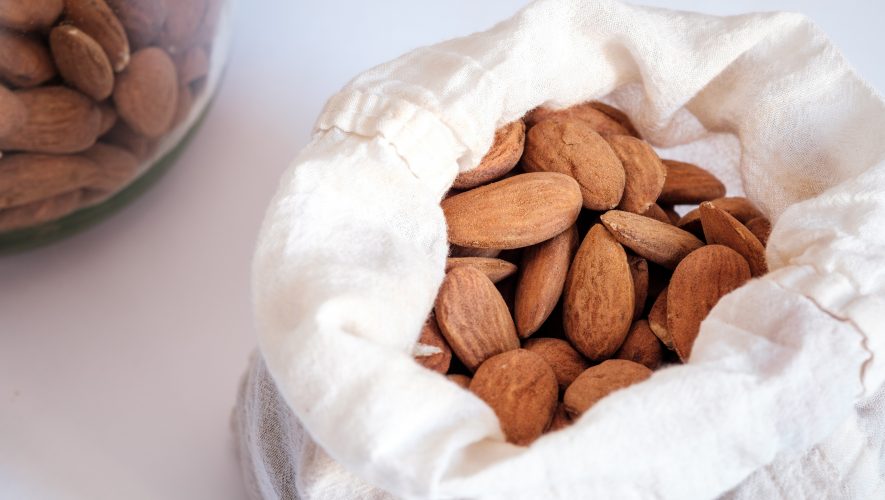Four times the price of gas, 66% more for electricity, plus 33% for raw materials – the German food industry is currently experiencing the biggest crisis in over 70 years. There is hardly an area where costs are not increasing! The biggest drivers are raw materials, energy, packaging and logistics. The war in the Ukraine has not yet been taken into account, but is added with its complex effects.
“After two years of the corona pandemic, we urgently need impetus to boost the economy. Instead, the current situation is presenting the industry with unprecedented challenges,” says Olivier Kölsch, Managing Director of the Federal Association of the German Food Industry. “Extremely volatile raw material markets and skyrocketing energy costs make reliable cost calculations almost impossible. The cost increases that we are seeing now are not yet the consequences of the war. If the increased costs are not shared fairly between all those involved in the value chain, we risk that production of food in Germany becomes unprofitable,” says Olivier Kölsch.
With the argumentation aid that has now been published, the association documents the massive cost increases in raw materials, energy, logistics and packaging over the past two years. You can download the argumentation aid and an infographic here.
With an annual turnover of 181 billion, the food industry is the fourth-largest branch of industry in Germany. More than 610,000 employees in around 6,100 companies provide consumers with high-quality and inexpensive food. The industry is characterized by small and medium-sized companies: 90 percent of the companies in the German food industry are medium-sized. The export rate of 33 percent shows that customers all over the world appreciate the quality of German food.



